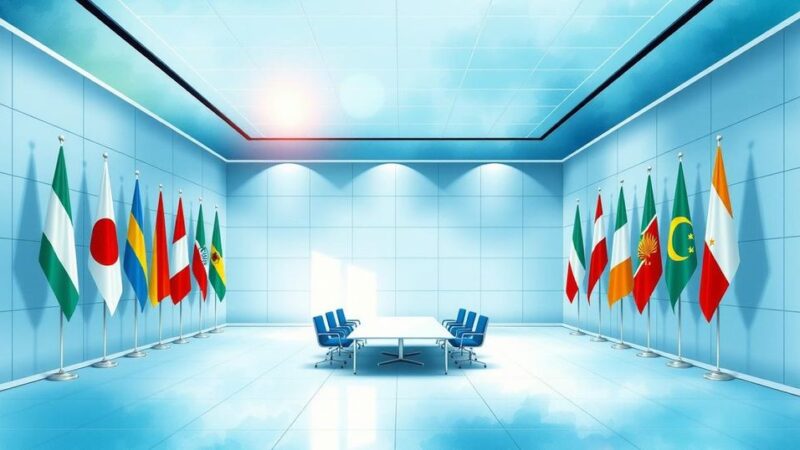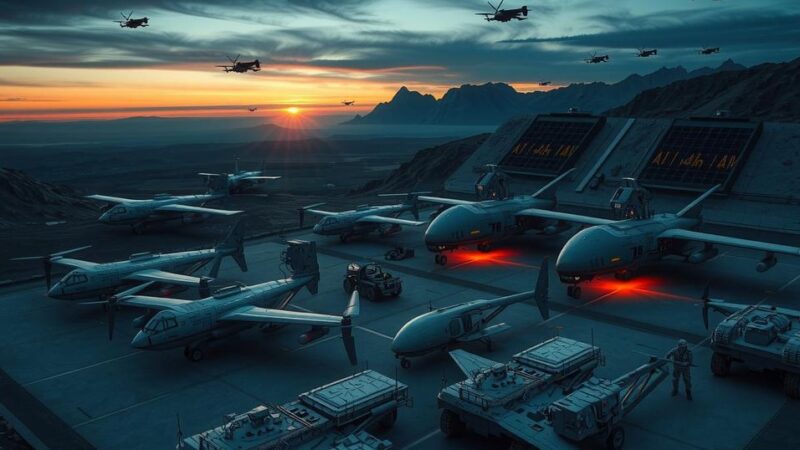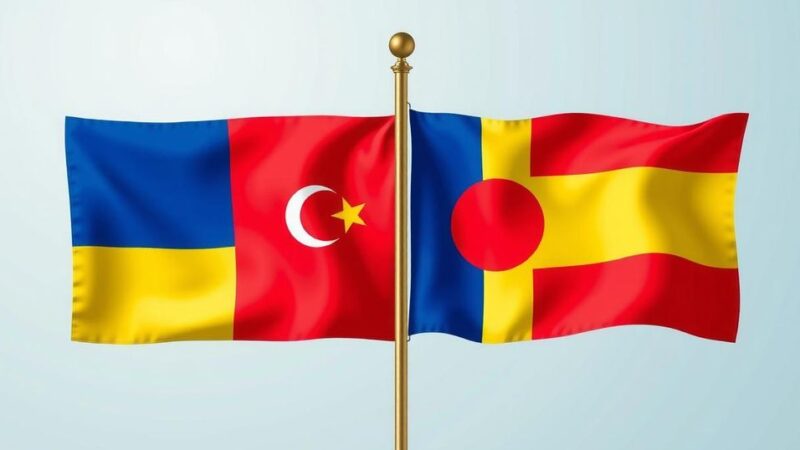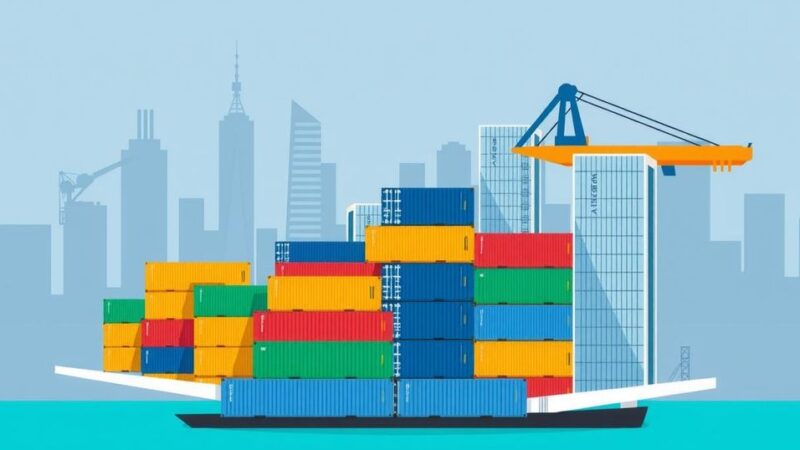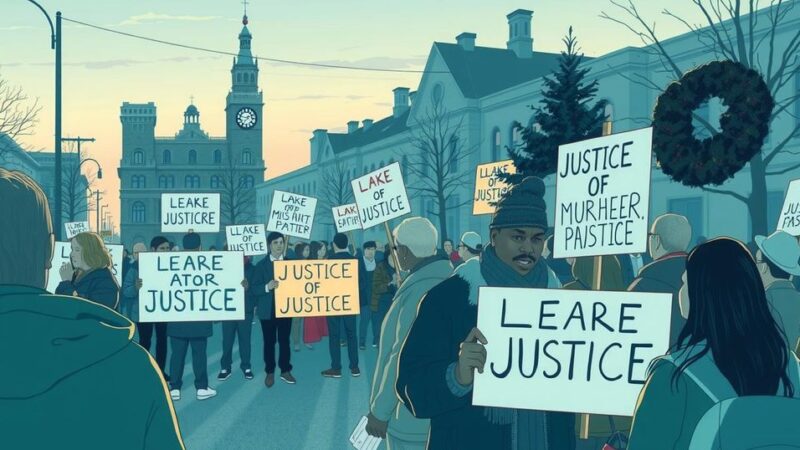Clashes between rival forces in South Sudan have displaced at least 50,000 people, prompting offers of mediation from Western nations. The conflict threatens a fragile power-sharing agreement between President Salva Kiir and First Vice President Riek Machar. Recent violence exacerbates humanitarian crises, with rising casualties and disrupted services. UN officials warn of impending civil war if tensions are not de-escalated.
Clashes in South Sudan have resulted in the displacement of over 50,000 individuals since February, as reported by the United Nations. The conflict arises from tensions between forces loyal to President Salva Kiir and First Vice President Riek Machar, posing a significant threat to their fragile power-sharing agreement.
The situation has further escalated with the arrest of more than 20 of Machar’s allies, including key government and military officials. Anita Kiki Gbeho, a UN official, noted that the violence exacerbates risks for vulnerable communities and disrupts essential humanitarian services.
In response to the crisis, a coalition involving Western embassies, including those of the United States and the European Union, has extended offers to mediate discussions between Kiir and Machar. Meanwhile, an airstrike by the South Sudanese government in Nasir County led to at least 20 casualties, including children, as reported by area commissioner James Gatluak.
According to OCHA, approximately 10,000 displaced individuals have fled to Ethiopia, and the region has seen the departure of 23 humanitarian workers, resulting in the closure of a cholera treatment facility. Nicholas Haysom, head of the UN Mission in South Sudan, warned that the nation is on the edge of returning to civil war, drawing parallels with Sudan’s rapid descent into chaos. He emphasized the urgency of de-escalating tensions to avert further conflict.
The ongoing clashes in South Sudan are causing significant humanitarian crises, with tens of thousands displaced and vital services disrupted. The international community’s involvement highlights the seriousness of the situation, while internal conflicts threaten the stability of governmental structures. It is imperative for leaders to engage in dialogue and work towards peaceful resolutions to avert a potential relapse into civil war.
Original Source: www.thenews.com.pk


